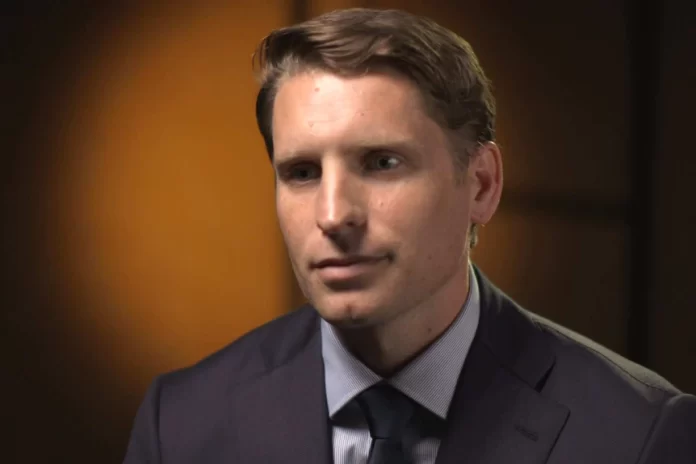LONDON: A senior Australian minister has admitted that the country’s special forces were “incentivized” to execute detained Afghans because suspected insurgents were being released within days of capture.
Andrew Hastie, 39, a former Australian SAS officer who is now the assistant defense minister, told a Sydney court that the Australian military’s “catch and release” policy, in which insurgents captured on operations were often freed after three days by Afghanistan’s judicial system, had “incentivized extrajudicial killing” by coalition troops.
Hastie, who was deployed several times to Afghanistan as a SAS captain, made the comments while giving evidence as part of defamation proceedings raised by Ben Roberts-Smith — Australia’s most decorated living soldier — in response to media allegations that he was involved in extrajudicial killings of Afghans.
Roberts-Smith is suing Australian papers The Age and The Sydney Morning Herald, and Hastie was subpoenaed to testify.
An official Australian Defence Force inquiry reported in late 2020 that there had been 39 suspected unlawful killings by Australian special forces in Afghanistan. The report is expected to result in criminal prosecutions and compensation payments to the families of those who died.
Hastie, now Australia’s assistant minister for defense, also said it was a “fairly well-established rumor” that Roberts-Smith had kicked an unarmed prisoner off a cliff. He heard that allegation from “multiple people.”
Hastie entered parliament in 2016 and is considered a potential future leader of the governing Liberal Party.
Asked on his views on Roberts-Smith himself, the minister said: “I pity him. I pity this whole process. I don’t want to be here; I was subpoenaed for this.
“That’s how I feel about this because this is terrible for our country, it’s terrible for the SAS, it’s terrible for the army, it’s touched a lot of lives, no one wants to see this. But until we deal with it, we can’t move forward.”
Hastie said that he “started from a very high regard for Roberts-Smith” but that he was “no longer proud” of him.
He explained that he had previously raised concerns that the “catch and release” policy incentivized killing rather than capturing alleged Taliban insurgents, because prisoners were released quickly “if you don’t have evidence to put into (the) Afghan judicial system.”
Roberts-Smith, 43, denies any wrongdoing and maintains that any killings in Afghanistan in which he was involved were carried out lawfully in the heat of battle.
The trial continues.

